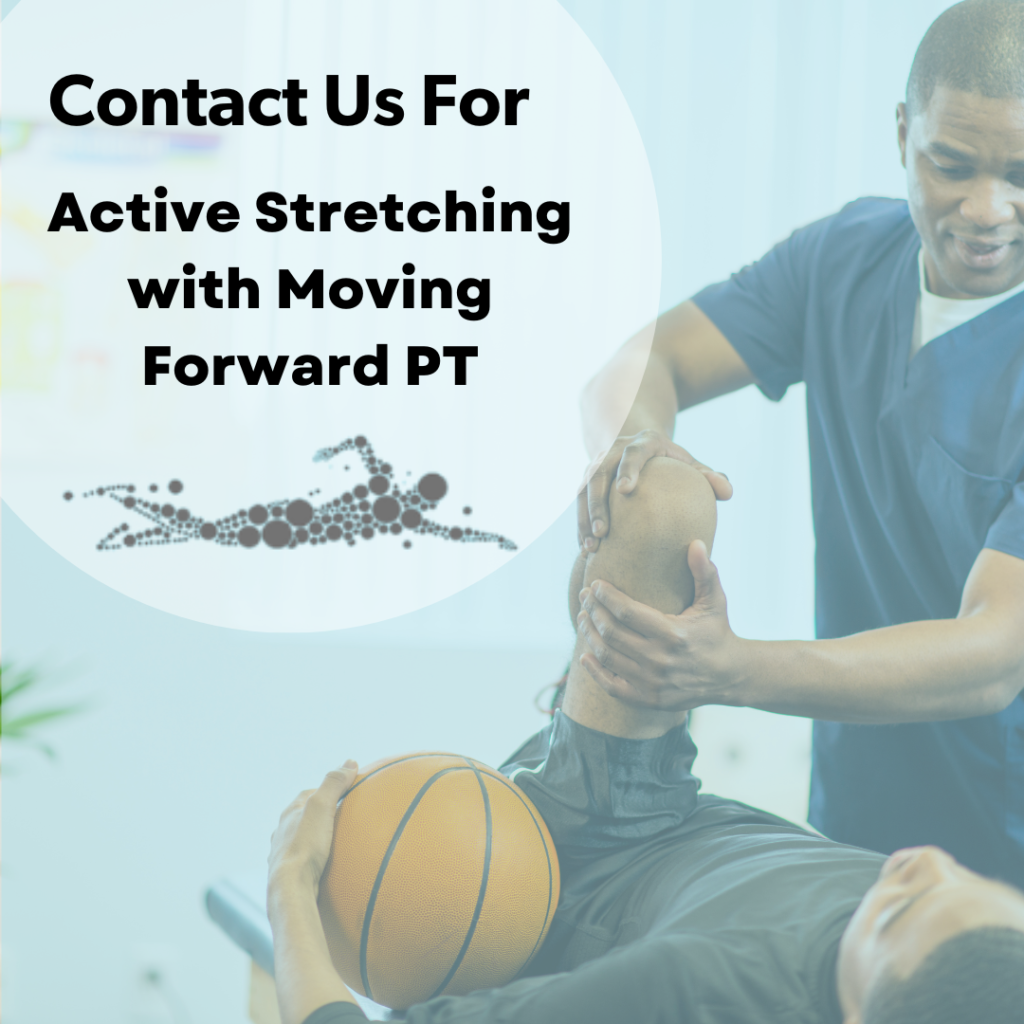There are four muscles that make up the rotator cuff. The muscles that make up the rotator cuff are the subscapularis, supraspinatus, infraspinatus and the teres minor. These muscles help to hold your shoulder joint together and work to move your shoulder. The primary actions of these muscles are to stabilize the shoulder and they perform internal and external rotation. The mechanism of injury for a rotator cuff tear can be the result of falling on your arm, lifting a heavy object, reaching and lifting a heavy object, and/or using your shoulder in repetitive overhead motion, such as in sports – baseball, swimmers, or in everyday lifestyle: painting or housework.
Request AppointmentSymptoms
- Pain in the arm and shoulder
- Weakness in the arm and shoulder
- Loss of range of motion in your shoulder, especially with overhead motion
- Weakness
- Tenderness
Diagnosis
Your physician will evaluate your injury by taking a complete medical history, including mechanism of injury, prior injuries and symptoms. Your physician will perform a complete physical examination of the shoulder. Your physician may also order an arthogram or a MRI.
Treatment
Treatment for an individual is decided based on the degree of the tear in the rotator cuff muscles and the amount of pain the individual is in. A major tear will require surgery, whereas smaller tears may be treated as follows:
- Avoid strenuous activity for the shoulder
- Use ice for 20 minutes on with 40 minutes off throughout the day
- Physical therapy – your physical therapist will work with you to perform a series of exercises that strengthen the rotator cuff muscles
- Take an anti-inflammatory or pain medication as prescribed by your physician
Surgery
Your surgeon may perform an arthroscopic surgery in which they insert a tube into the shoulder. This tube has a light and camera on the end and it makes it easier for the doctor to see and repair the rotator cuff. They repair the rotator cuff by stitching together larger tears and trimming smaller tears, leaving those tears to heal naturally.
Prevention
The best way to prevent a rotator cuff tear is to keep the muscles strong and in peak condition with shoulder exercises.

